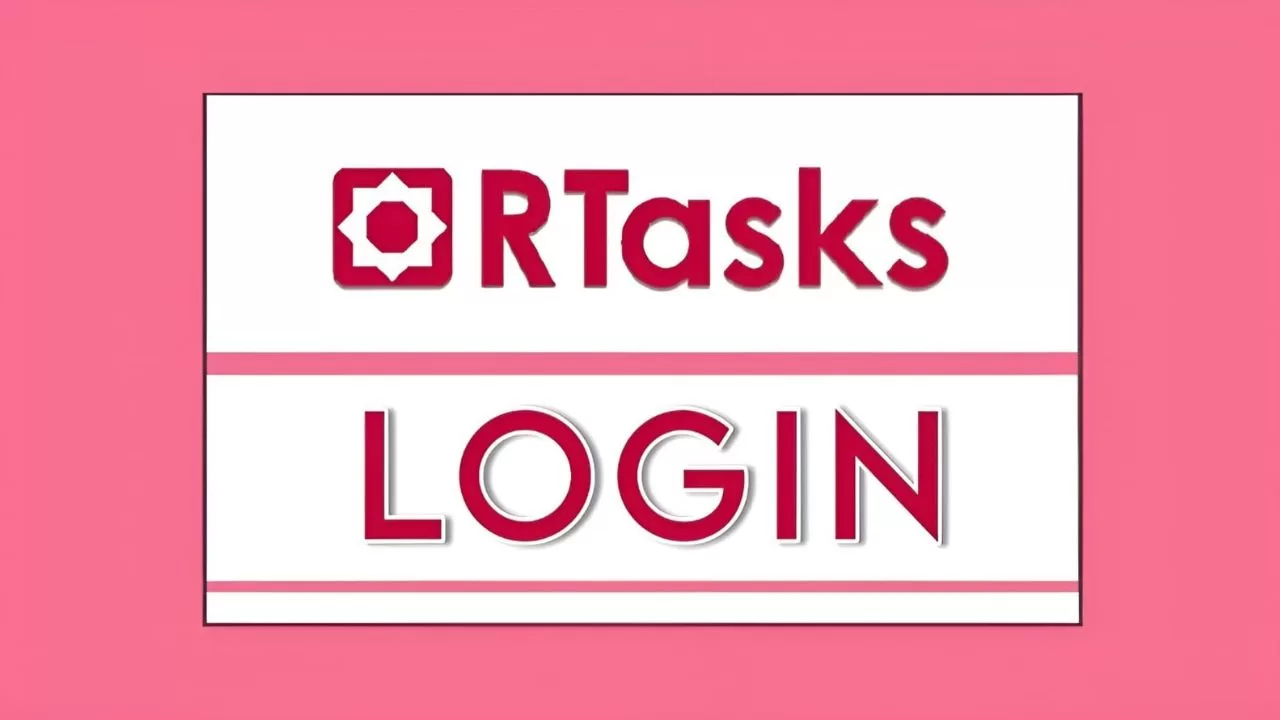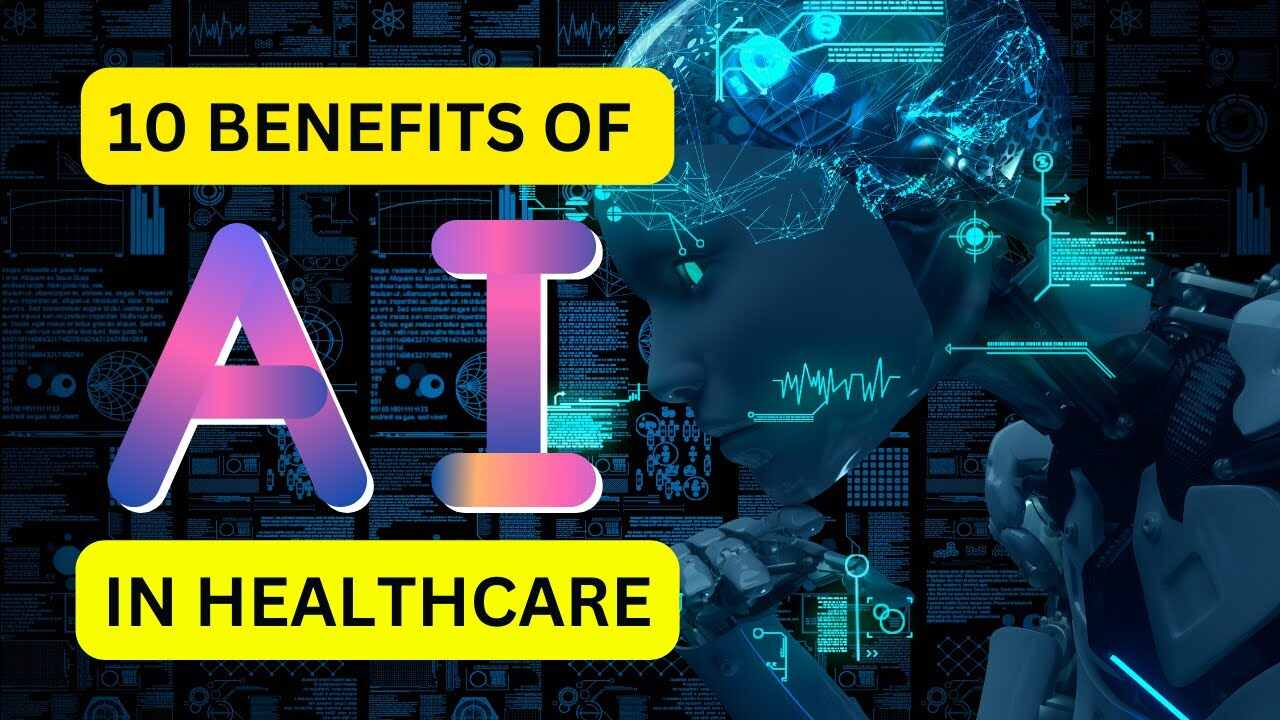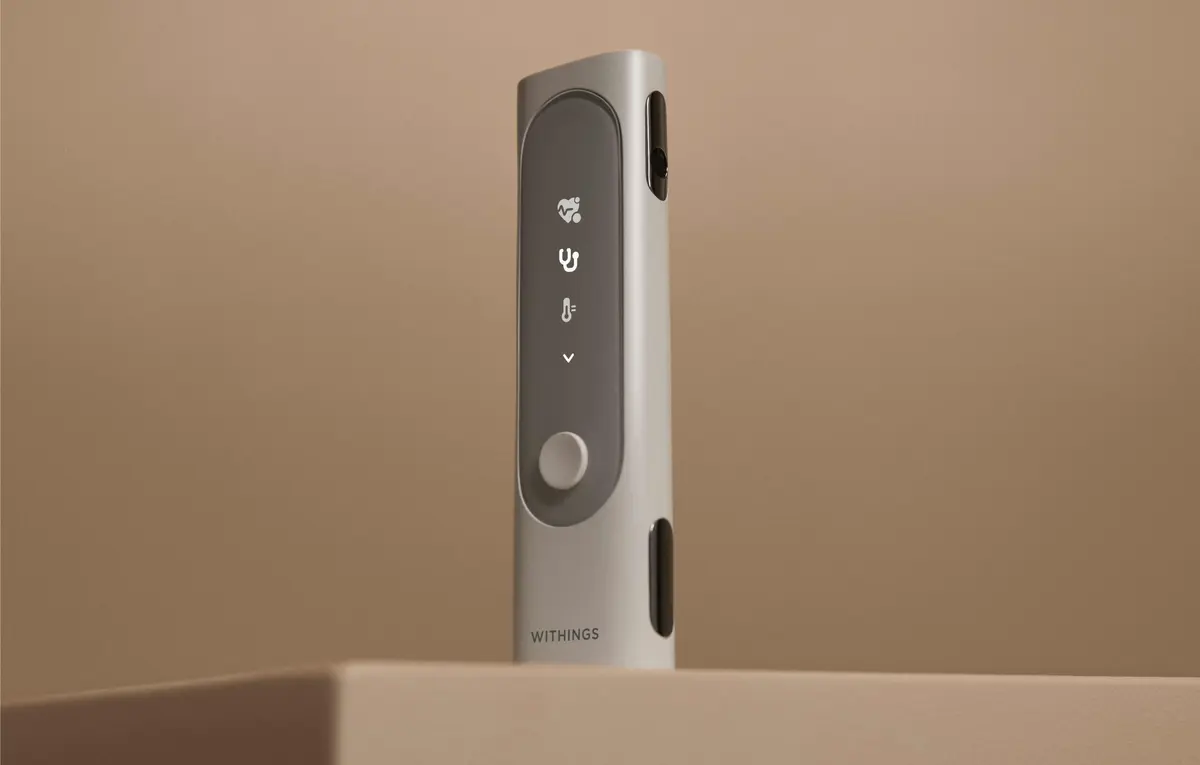The list below now includes 171 AI/ML-enabled medical devices. 155 devices with final decision dates between August 1, 2022, and July 30, 2023, plus 16 devices from preceding periods identified through list refinement, are new to the list.
As technology advances in every element of health care, software, including artificial intelligence (AI), and notably machine learning (ML), is becoming more common in medical equipment. In its ability to generate new and essential insights from the massive amounts of data created daily in health care, AI/ML has immense potential.
FDA Approved AI/ML Devices
Digital health technologies are becoming more crucial in our health and daily lives, and AI/ML is driving their advancements. The FDA’s public health purpose is to ensure that these novel technologies are safe, effective, and can help people.
Since big language models were developed, interest in medical devices with AI/ML capabilities has grown in recent years and months. ChatGPT, Llama, Claude, PaLM, and other LLMs can recognize, summarize, translate, predict, and generate content after being trained on big datasets.
Read: Siemens Healthineers, Qure.AI to Collaborate on AI-based TB screening
The FDA has approved more AI/ML devices via 510(k) clearance, De Novo request, or premarket approval in several medical disciplines during the previous decade and anticipates this trend to continue. No device with generative AI, AGI, or big language models has been approved as of October 19, 2023.
The FDA provides this list and insights on US-marketed AI/ML-enabled medical devices to educate the public about these devices and the FDA’s efforts in this field. The devices on this list have passed FDA premarket standards, including a focused analysis of their safety and effectiveness and an evaluation of adequate study variety based on their intended use and technological attributes.
The submission trends below were derived from publicly available information in their marketing authorization document summary descriptions and internal aggregated data. Public-facing summaries do not include much of the information in the complete submission, which can be thousands or tens of thousands of pages. Most application summaries are produced by the applicant and represent what they think is significant, which may not contain AI/ML algorithms and other information needed to develop these trends and insights.




